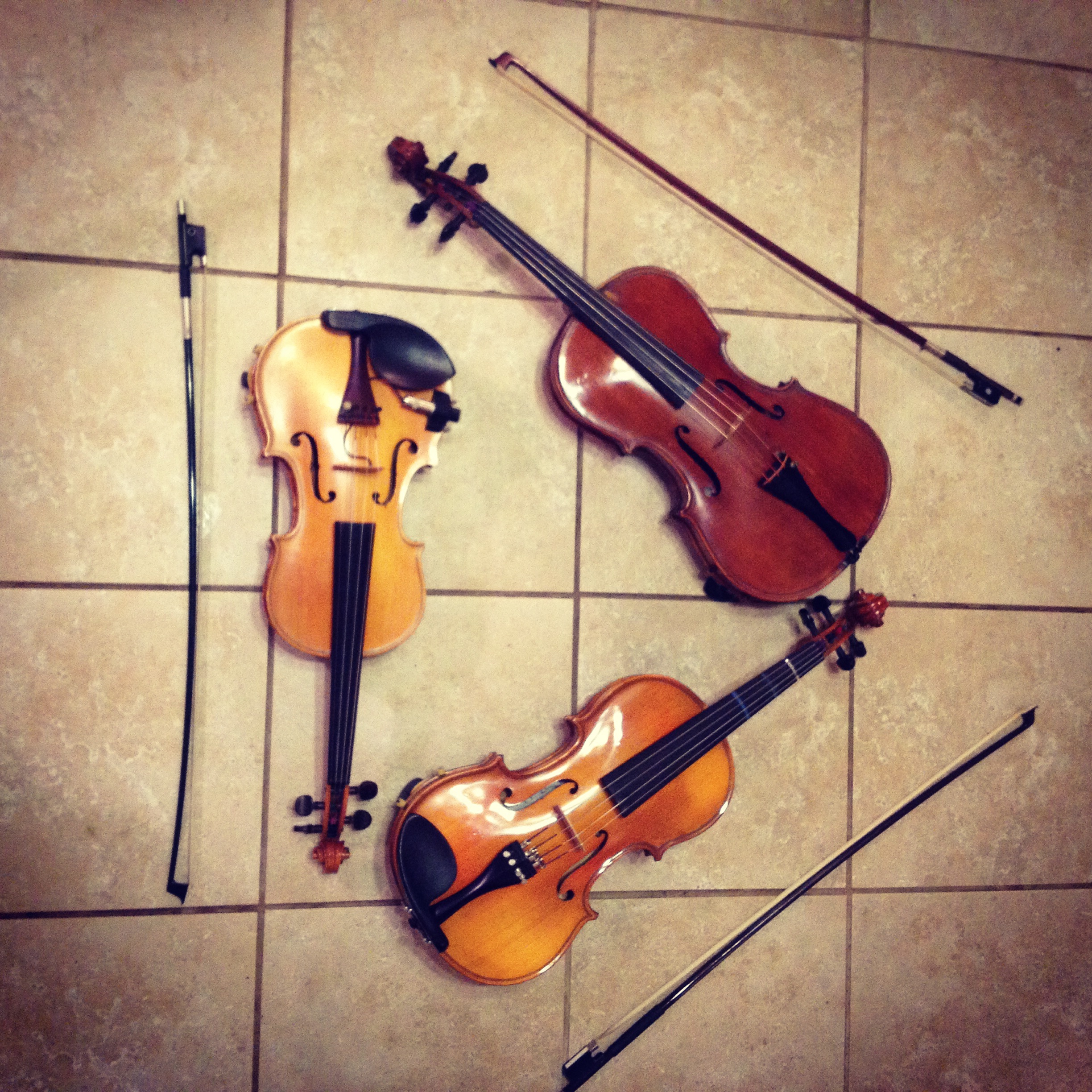The most important thing to having a functional and progressive experience while studying music is to understand the dynamics of the Student, Parent, Teacher relationship. Making sure that each of these people knows their role and and the expectation of the other two people in the relationship is vital to a successful learning experience. Much like the checks and balances that are enshrined in the United States constitution, each person has responsibilities that they must fulfill, and an interest in paying attention to what the other two are doing. Now our current government may not be the best example of a functional relationship, so I will turn instead to a different analogy that most people can feel good about: sports.
Let’s start with the Teacher who is of course the Head Coach in our analogy. He is ultimately responsible for the success or failure of the endeavor. He has the master plan and will pace the course of study so that the student is always challenged, but never overwhelmed. He sets goals that are motivating, and plans any extra activities that are necessary to achieve them. He must communicate goal and expectations to the parent and child, and do this in both verbal and written form at the end of every lesson. Sometimes, when necessary, he can act as the independent arbiter of disputes between the parent and child.
The Child in this analogy is of course the Player. She must constantly prove that she can achieve at higher and higher levels of musical difficulty much as an athlete must constantly run faster, jump higher and go longer. The best thing for the child to learn to do in a learning situation is to try not to take things personally and to try their best. Learning the violin is very difficult because it takes many hours of focused attention and physical labor. This taxes the brain and the body. The Child must remember that this suffering is not the mindless cruelty of the Adults, but instead result from the circumstances of the instrument. The payoff, the ability to control the element of sound and by proxy your own and other peoples emotions, will far outweigh this momentary discomfort!
The Parent has the dual role of assistant coach and talent manager, and perhaps has the most difficult and complicated role. The Teacher often only teaches the Student once a week, so it is the parents task to make sure that effective practicing is happening the other six days. For young Students this will mean supervised practice ninety percent of the time, and sometimes it is best that the parent be actively involved in the practice, such as singing along with their child or playing musical games. In order for the parent to oversee practice they must understand what the Teacher has planned for the student for the week. Often it is helpful for the Parent to understand the musical goals of the course of study, even if they do not know the technical means to produce the beautiful sound of the violin. As the Talent Manager the Parent must know what best motivates their child, and employ effective strategies to create that motivation. They should consult frequently with the teacher to make sure that they are both maintaining the party line on important issues such as regular practice, effective practice and always trying to do your best.
When the three members of the team communicate effectively, do not operate under any assumptions, and try their best the team will be successful.
